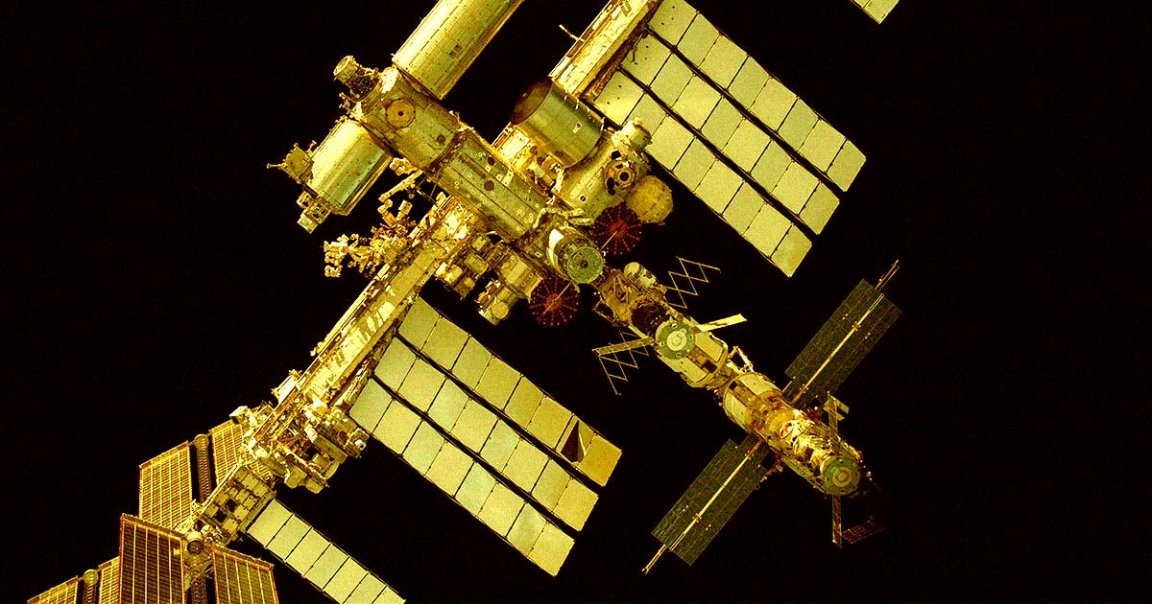
Inspector Gadget
Despite its own watchdog warning that leaks on the aging International Space Station are a “top safety concern,” NASA doesn’t seem too worried.
As the Washington Post reports, both a spokesperson for the agency and its associate administrator downplayed the severity of the cracks and leaks on the Russian part of the ISS that were paramount to a new inspector general report.
In that report, the agency watchdog highlighted that there were significant cracks and air leaks in a segment of the tunnel leading to the Russian portion of the space station. Worse yet, they appear to have increased in severity and are leaking more air than ever before.
When speaking to WaPo about the report, however, NASA associate administrator James Free indicated that the issue has been conveyed to Russian counterparts — without clarifying whether anything was being done about it.
“We have conveyed the seriousness of the leaks multiple times,” Free told the newspaper, “including when I was in Russia earlier this year.”
The associate administrator added that NASA has asked Roscosmos “to minimize how long that hatch is open” and that the Russian space agency has complied.
“We’ve come to a compromise that they close it in the evening,” Free continued.
That unconvincing reassurance clearly isn’t doing that much for the agency. In July, NASA quietly awarded SpaceX a $266,000 contract to come up with evacuation ideas for American astronauts who hitch rides to the ISS on Russian Soyuz rockets.
As the agency told WaPo, that contingency planning was triggered “due to the ongoing leak detection work.”
Looking Into It
Currently, it’s unclear what exactly has caused the leaks on the Russian side of the ISS — but apparently, they’re patching them up as they go along.
“Roscosmos has applied sealant to many of these areas of interest which has further reduced the leak rate,” NASA spokesperson Kathryn Hambleton told WaPo.
The Russian space agency identified a whopping 50 “areas of concern” and “continues to evaluate the areas of concern and apply sealant and patches as warranted,” Hambleton added. She also noted that the problematic areas have not been “confirmed to be cracks” and could simply be “benign imperfections that could be typically seen on a surface, like a small scratch.”
With the ISS spending ten years longer in space than it was ever supposed to, its continued survival until NASA’s hard limit of 2031 will, the agency’s inspector general notes, require updated risk assessments and “continued support” from its international partners — and “Russia in particular.”
More on ISS problems: The Company Building NASA’s Next Space Station Says Things Are Actually Going Great Even Though It’s Firing 100 Employees and Can’t Pay Its Bills